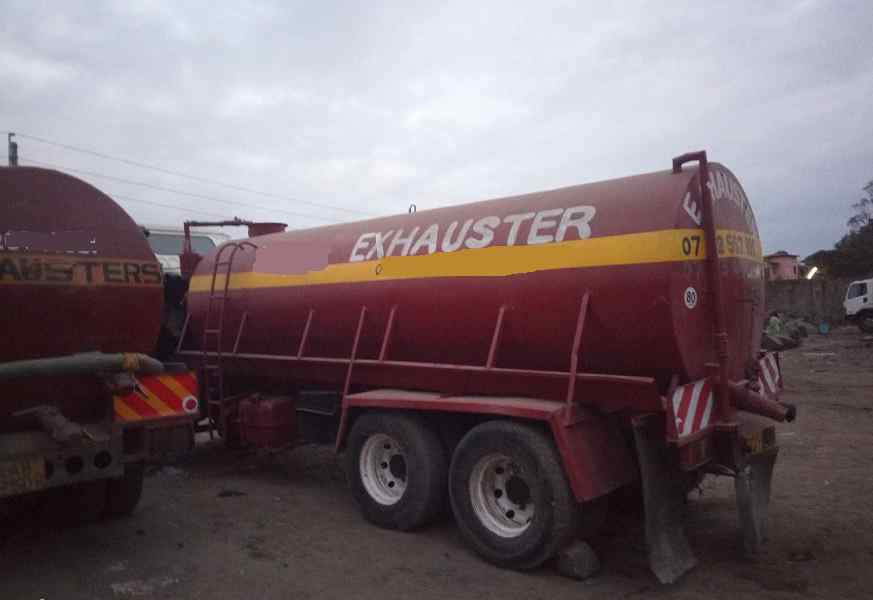Table of Content
The Importance of Waste Management and Recycling in Nairobi, Kenya
Waste management and recycling are becoming increasingly important in urban areas around the world, and Nairobi, Kenya, is no exception. As the city grows and the population increases, managing waste effectively is crucial for maintaining a clean environment, promoting public health, and conserving resources. This article explains why waste management and recycling are so important in Nairobi and how they can positively impact the city.
What Is Waste Management?
Waste management refers to the collection, transportation, disposal, and recycling of waste materials. In Nairobi, waste is generated from households, businesses, and industries. Proper waste management ensures that waste is handled in a way that protects public health and the environment.
Challenges of Waste Management in Nairobi, Kenya
Nairobi faces several challenges when it comes to waste management:
- Rapid Urbanization: As the city grows, the amount of waste produced also increases. This puts pressure on the waste management systems.
- Limited Infrastructure: Not all areas in Nairobi have access to proper waste disposal services. In informal settlements, waste management can be especially difficult.
- Improper Disposal: Many people in Nairobi still dispose of waste in illegal dumping sites, leading to pollution of water sources and land.
- Plastic Waste: The widespread use of plastic products contributes to the accumulation of non-biodegradable waste, which is difficult to recycle and dispose of properly.
Why Is Waste Management Important?
Effective waste management is essential for several reasons:
1. Protecting Public Health
Improper waste disposal can lead to the spread of diseases. For example, unmanaged waste in public spaces can attract pests like rats and flies, which carry diseases. Proper waste management, including regular collection and disposal, helps keep the environment clean and reduces the risk of disease outbreaks.
2. Environmental Protection
Waste, especially plastic, can have a harmful impact on the environment. When waste is not disposed of correctly, it ends up in rivers, lakes, or even in the ocean, harming wildlife and polluting natural ecosystems. Proper waste management helps reduce pollution and protect the environment.
3. Reducing Landfill Space
When waste is not recycled, it is dumped in landfills, which take up valuable space. Landfills can cause long-term environmental damage and take years to decompose waste. By recycling, we can reduce the amount of waste that ends up in landfills, saving space and protecting the land.
The Role of Recycling in Waste Management
Recycling is a key component of waste management. It involves converting waste materials into new products, reducing the need for raw materials, and helping conserve natural resources. Recycling offers numerous benefits:
1. Conserving Natural Resources
Recycling helps reduce the demand for raw materials like wood, metal, and oil. For example, recycling paper saves trees, while recycling aluminum reduces the need for mining bauxite.
2. Reducing Energy Consumption
Recycling uses less energy compared to producing new products from raw materials. For instance, recycling aluminum uses up to 95% less energy than making new aluminum from bauxite.
3. Creating Jobs
The recycling industry can create jobs in areas such as collection, sorting, and processing of recyclable materials. This can help boost the economy and provide employment opportunities in Nairobi.
How Can Nairobi Improve Waste Management and Recycling?
While there are challenges, there are several ways Nairobi can improve its waste management and recycling practices:
1. Public Awareness Campaigns
Educating residents about the importance of waste segregation and proper disposal can help reduce waste contamination and encourage recycling. Campaigns should focus on informing people about the environmental impact of waste and how they can play a part in reducing it.
2. Improving Recycling Infrastructure
Investing in recycling facilities and ensuring that they are easily accessible to the public is crucial. Nairobi can create more collection points for recyclable materials and encourage businesses to participate in recycling efforts.
3. Strict Enforcement of Waste Disposal Laws
The government can enforce laws that mandate proper waste disposal and encourage recycling. Penalties for illegal dumping and littering can help discourage harmful practices.
4. Collaboration with Private Companies
Public-private partnerships can help improve waste management systems in Nairobi. Private companies that specialize in waste collection and recycling can work together with the government to create efficient and sustainable systems.
Waste management and recycling are essential for keeping Nairobi clean and healthy. By reducing waste, promoting recycling, and improving waste management systems, Nairobi can protect its environment, conserve resources, and create a better living space for its residents. Everyone has a role to play in ensuring that waste is properly managed, and with collective effort, Nairobi can become a cleaner, greener city.
"Recycling today leads to a better tomorrow for our planet and its future generations.

